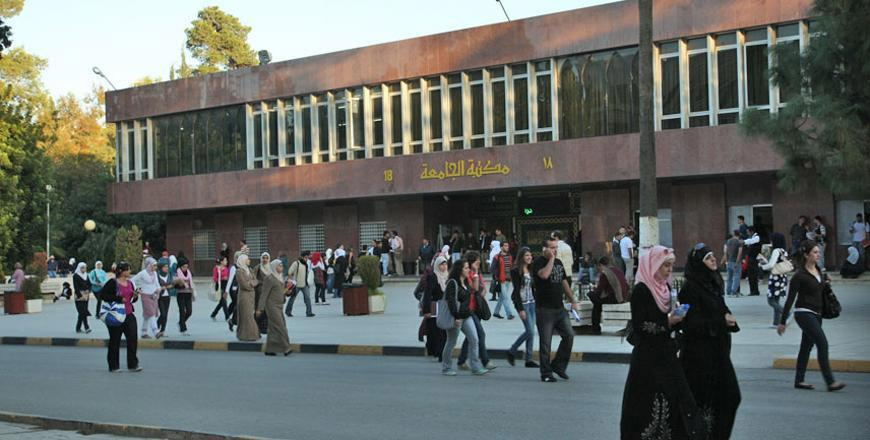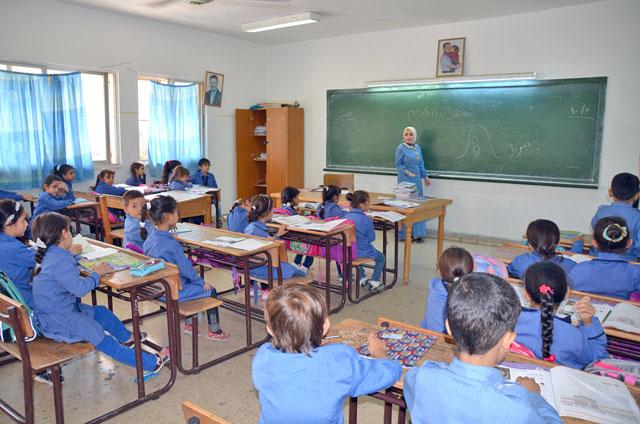You are here
Jordan, WB sign $200m agreement to support youth, tech, job creation
By JT - Apr 08,2020 - Last updated at Apr 08,2020

Minister of Planning and International Cooperation Wissam Rabadi
AMMAN — Minister of Planning and International Cooperation Wissam Rabadi and Saroj Kumar Jha, the Regional Director of the Mashreq Department at the World Bank Group, on Wednesday signed a $200 million agreement to finance the Youth, Technology and Jobs Project.
The project aims at supporting the government’s programmes and efforts intended to address unemployment and create jobs for young Jordanians through enhancing the digital economy system and developing skills in this arena and methods of project management in various fields, according to a ministry statement.
Adequate allocations will be made over a five-year period, from 2020 to 2024, for the National Service Programme, as well as to support the programmes channelled towards ICT to achieve the Ministry of Digital Economy and Entrepreneurship’s vision for digital transformation, Rabadi said in the statement.
The project aims at creating new jobs for young people over the coming five years, including women’s freelancingin the digital field. It also attempts to digitise more than 80 per cent of government payment transactions and attract about $20 million in new investments from the private sector to the field of digital services.
The agreement includes a $163.1 million loan from the World Bank and a $36.9 million grant from the Global Concessional Financing Facility (GCFF) administered by the World Bank, the statement added.
Minister of Digital Economy and Entrepreneurship Muthana Gharaibeh said that the components of the project aim at boosting youth efficiency to meet the increasing demand for digital skills, including creating jobs.
He noted that a two-pronged approach will be adopted to address the digital skills gap, namely raising the level of youth efficiency in the labour market and enhancing their digital skills, as well as aligning education and training with the needs of the digital sector.
Jha, for his part, said that the design of the project is based on the latest international innovations in the field of digital government, which have been adapted to the Jordanian context, according to the statement.
One of the main lessons in this context is the importance of merging technology solutions with institutional reform, which paves the way for creating new job opportunities, increasing efficiency and productivity, in addition to improving public services, accountability and transparency, he added.
Related Articles
AMMAN — The World Bank Group’s Board of Executive Directors approved on Friday a $200 million project to increase access to employment for J
AMMAN — The World Bank has proposed a project to advance job creation for young people in Jordan with a $200 million investment project aime
AMMAN — A World Bank (WB) project worth $200 million will help Jordan expand access to early childhood education and improve student assessm


















